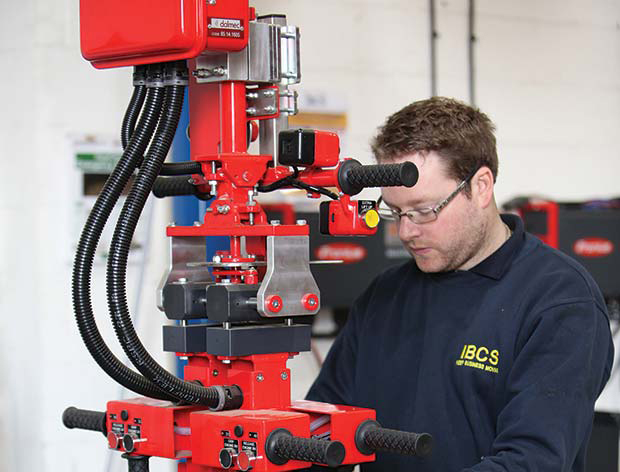Injuries that happen in the workplace are one of the most common causes for lawsuits, making up many of the cases law firms take on – and for good reason. People who suffer from long term symptoms after an incident where they weren’t to blame can often find their lives changed, and their ability to work in their previous capacity impaired.

It is important that businesses do their best to ensure people do not experience workplace injuries or health risks, but also that employees can seek compensation using a personal injury solicitor when an incident does arise without fear of negative repercussions.
Normally, when you think of workplace injuries, you probably think of trips or falls, injuries from an unsafe working environment, such as things falling on people or the effects of asbestos, or injuries as a result of working with machinery or tools. In actual fact, one type of injury that has been very much on the rise in recent years is one that largely affects office workers, at their desks. This type of work related health risk is called acoustic shock, and here we are going to look at what it is, and why it is a problem for an increasing number of workers.
What Is Acoustic Shock?
Acoustic shock is the term for the after effects of a shock to one or both ears caused by an unexpected loud, usually high-pitched noise close to the ear. The kind of sounds that can cause it are things like the high-pitched tones made by a fax machine, or the kind of feedback sound you can get from amplifiers with microphones or electric instruments. When a sound like this occurs at a high volume and is close to the ear, it can cause a kind of shock that can lead to immediate problems like nausea, loss of balance, hearing disruptions, pain in the ear, jaw and neck, and headaches. Longer term, acoustic shock can cause hearing damage, and conditions like tinnitus where the patient hears a constant ringing in their ear or ears.
Who Is Most at Risk of Acoustic Shock?
Acoustic shock most commonly happens when someone is on the phone, however, with a normal phone handset there is an instinctive reaction to move the phone away or drop it as soon as a sound of this type is registered, avoiding most of the effects. This means that the people most at risk are those who use telephone headsets and spend the majority of their working time on the phone. This is because a headset cannot be taken away from the ear as quickly, so the person is exposed to the shock sound long enough for the damage to occur.
The people who most often complain of (or seek compensation through an injury lawyer for) acoustic shock and its long term effects are therefore call centre workers, telemarketers, and reception workers. The risk can often be exacerbated in call or contact centres too by the fact that these are noisy environments, and so most operators have their phones turned up to a high volume to be able to hear their customers clearly, meaning any unexpected high-pitched tone will be even louder.
What Should You Do If You Experience an Acoustic Incident?
If you work with listening devices like telephone headsets close to your ears, it is important to be aware that acoustic incidents and the resulting acoustic shocks are something that may happen. Your company should have provided some training on this, and told you what you need to do in terms of reporting an incident if it happens. You must always make a report when you experience any kind of workplace accident or injury, including acoustic incidents, as this will become important if your symptoms continue and you want to claim for compensation. It can also ensure that your company has a record of all acoustic incidents experienced by their staff and can check their equipment to ensure the sound wasn’t due to a fault their end. This helps avoid other people who work there from being exposed.
Most acoustic shock experiences don’t last very long, but you should refrain from taking calls for the rest of the day and keep an eye on your symptoms. Headaches and nausea usually go away within 24 hours, and you may have a ringing in your ears like you might have the day after a loud concert for a little while, but this doesn’t necessarily mean you are going to experience long term effects.
However, if your symptoms do persist, it may be time to consider speaking to some good lawyers like Roper James in Plymouth who specialise in workplace injuries. These Plymouth solicitors have dealt with a lot of claims relating to acoustic shock syndrome, and have been able to ensure appropriate compensation for their clients.




Comments are closed.